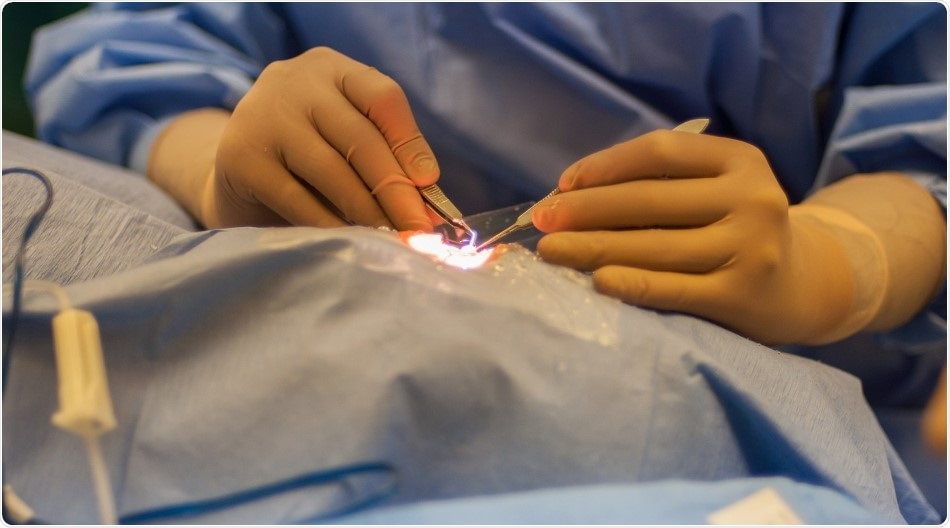People with Alzheimer’s disease (AD) are less likely to have cataract surgery than people without Alzheimer’s disease. The procedure rate starts to decrease already one year after the diagnosis, according to a new study from the University of Eastern Finland.

Image Credit: University of Eastern Finland
The lower likelihood of cataract surgery among people with cognitive disorders has been reported previously. This study is the first to report an association between the AD diagnosis and a lower incidence of cataract surgery, and a decrease in the procedure rate related to the time since the diagnosis.
The decrease in the incidence of cataract surgery among people with newly diagnosed AD is concerning because the benefits of this low-risk procedure would probably be similar for people with and without AD.
“The results of the study indicate that people with AD might have a higher threshold for cataract procedures. However, persons with cognitive disorders should be actively referred to ophthalmologic consultations because cataract surgery can improve their cognitive and physical functioning. The stigma of the disease should not lead to fewer referrals to cataract surgery,” the authors say.
The study was conducted as part of the Medication Use and Alzheimer’s Disease Study (MEDALZ), in a cohort which includes 70,718 Finnish community dwellers with AD diagnosed between years 2005 and 2011. They were compared to persons of the same age and gender without AD.
The study was published in Acta Ophthalmologica.
Source:
Journal reference:
Hokkinen, K., et al. (2021) Incidence of cataract surgeries in people with and without Alzheimer’s disease. Acta Ophthalmologica. doi.org/10.1111/aos.14896.